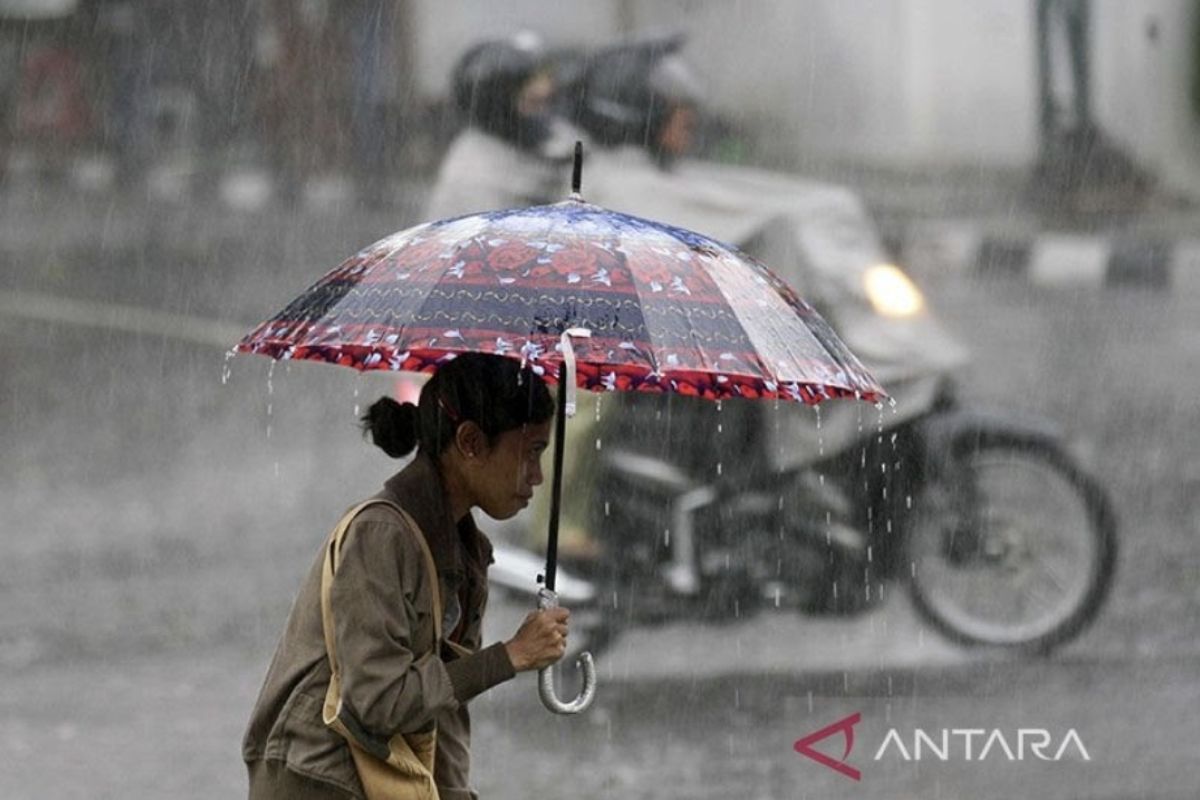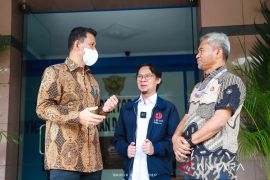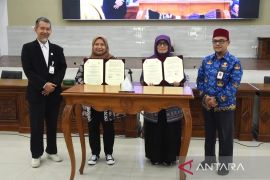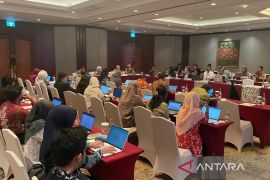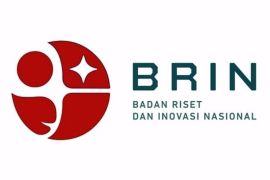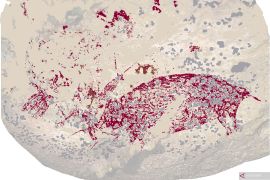"Using rainfall through a roof that can accommodate it is very important," said Mego Pinandito, BRIN's deputy for development policy, during a forum followed online on Wednesday.
Surface water should be utilized wherever possible and should not be channeled directly into the sea, he said. Water retention projects are important for areas that have large river flows.
The main approach and strategy for water harvesting prioritize utilizing and optimizing surface water sources, including direct runoff, small rivers, and shallow groundwater in both dry and rainy areas.
Next is to utilize rainwater falling on building roofs to meet the water needs of households, industries, offices, etc.
Steps to harvest water involve collecting rainwater in reservoirs; damming rivers with the help of ditch dams; collecting, channeling, and storing surface water in embungs; as well as pulling and channeling river water and groundwater through river water pumps and shallow wells.
An embung is a microreservoir for harvesting surface runoff and rainwater as well as other water sources, such as springs, as a source of supplementary irrigation.
Pinandito said there are three infrastructures for harvesting water for irrigation and water sources: embungs, ditch dams, and long storage.
A ditch dam is a small dam in a ditch or small river to hold water and increase the water level for irrigation.
Meanwhile, long storage refers to an elongated water reservoir on relatively flat land that stores overflowing river water or irrigation canal water at the end of the rainy season.
BRIN is continuing to carry out research and innovation related to water security to support national targets.
Related news: Ample water supply ensured before president starts working from IKN
Related news: Indonesia expects 10th World Water Forum to produce impactful policies
Translator: Sugiharto Purnama, Cindy Frishanti Octavia
Editor: Anton Santoso
Copyright © ANTARA 2024
